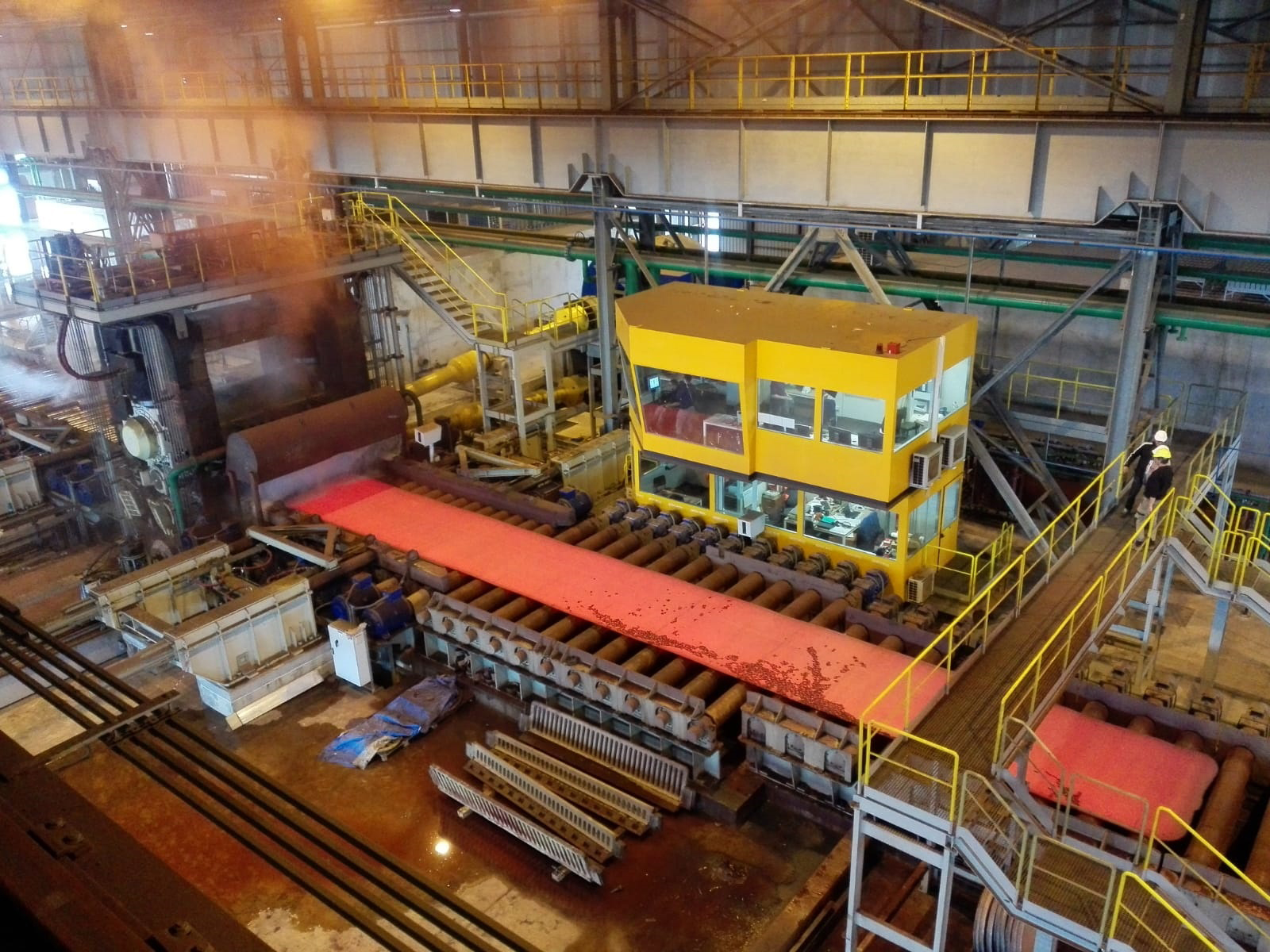
Tren de chapas gruesas para Laminoirs des Landes

The LDL project began in 2008 with the purchase of a 10-hectare industrial site and the subsequent construction of warehouses that were built for storage and to house the heavy plate mill. The main equipment consists of a reheating furnace and a reversible rolling stand driven by two 6000 hp DC motors. Built in the early 60’s, both of these motors were reused from a plant that was dismantled in the USA.
Due to the economic situation of the steel sector in 2010, the LDL partners decided to put the project on hold, leaving the warehouses, roller table and motors stockpiled on-site. In 2017, new investment partners entered into LDL and reinitiated the project, finalizing construction of the 20,000 sqm factory to start production in the shortest time possible.
Project Constraints
Since the construction of the LDL mill began in 2008, many aspects of the heavy plate mill were already built. Hence, Russula faced unique project constraints compared to other projects with similar characteristics.
1) The civil work for the water treatment plant was already built, so the mechanical design had to be adapted to the existing plant layout.
2) The plant’s power connection to the public grid was rated for 20kV and had a low short-circuit level. Nevertheless, the main continuous motors directly drive the stand rolls, without the use of a gearbox, the entry load would cause a sudden demand of reactive power generating high voltage drops in the system.
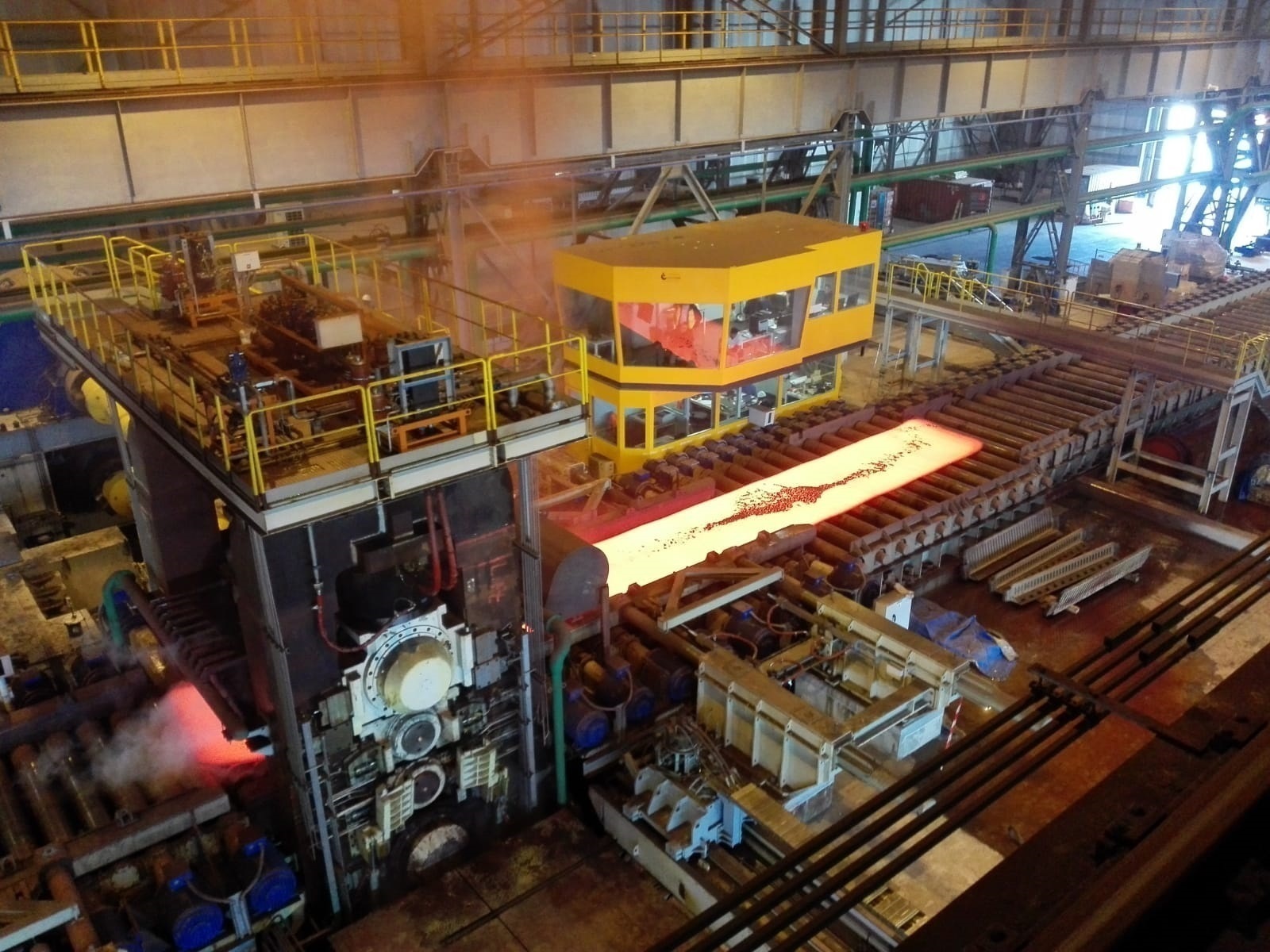
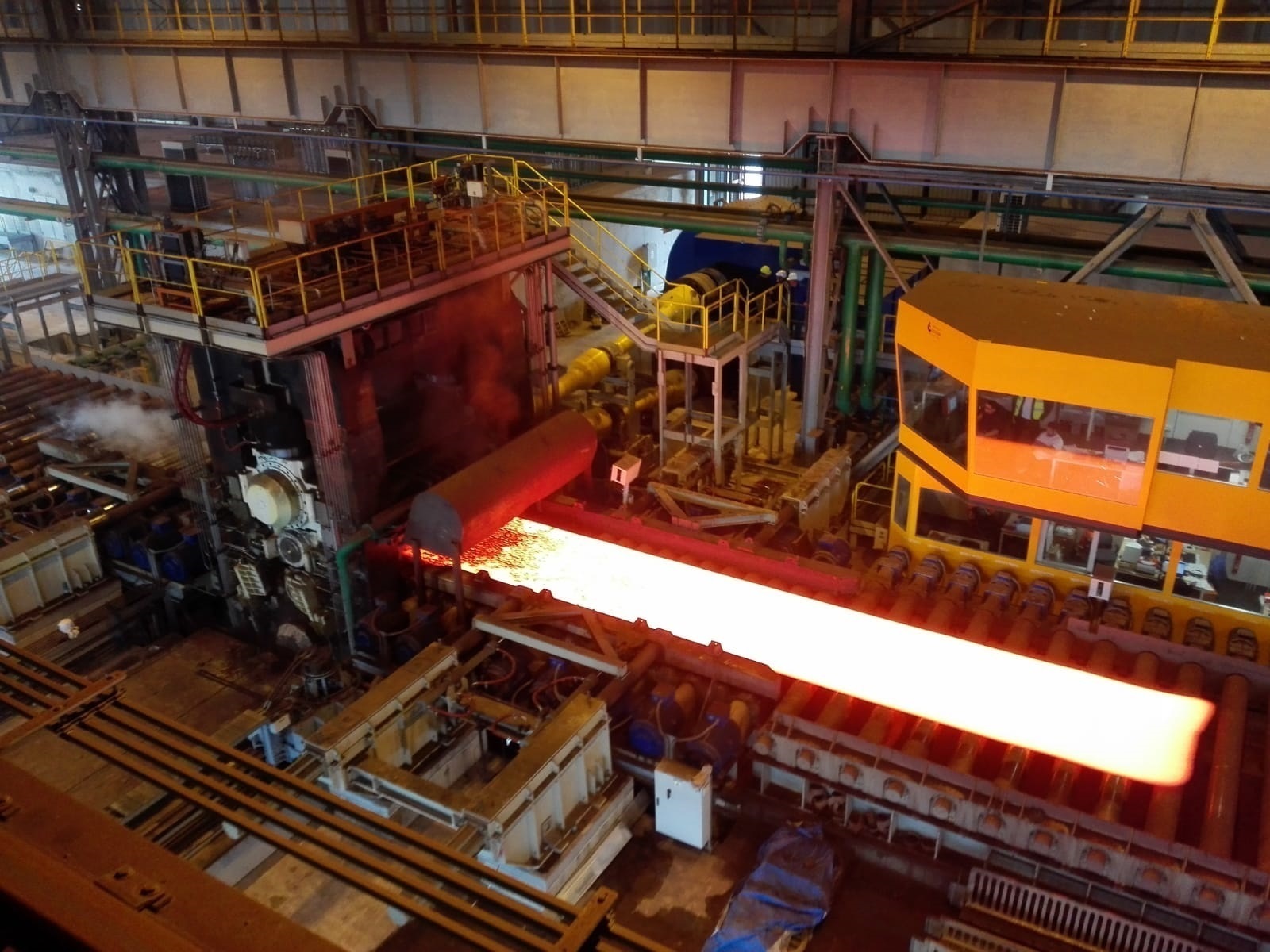
Scope of Supply
Russula supplied the water treatment plant, electrical and automation equipment for the heavy plate mill. The project was divided into two delivery phases. Both phases involved the supply, installation supervision and commissioning of all its respective equipment according to the project schedule. The water treatment plant was the first phase of the project delivered to LDL.
Electrical and Automation
Electrical and automation equipment was provided for both the reheat furnace and heavy plate mill. As mentioned previously in the project constraints, the electrical scope was quite complex and Russula had many challenges to overcome during the course of the project.
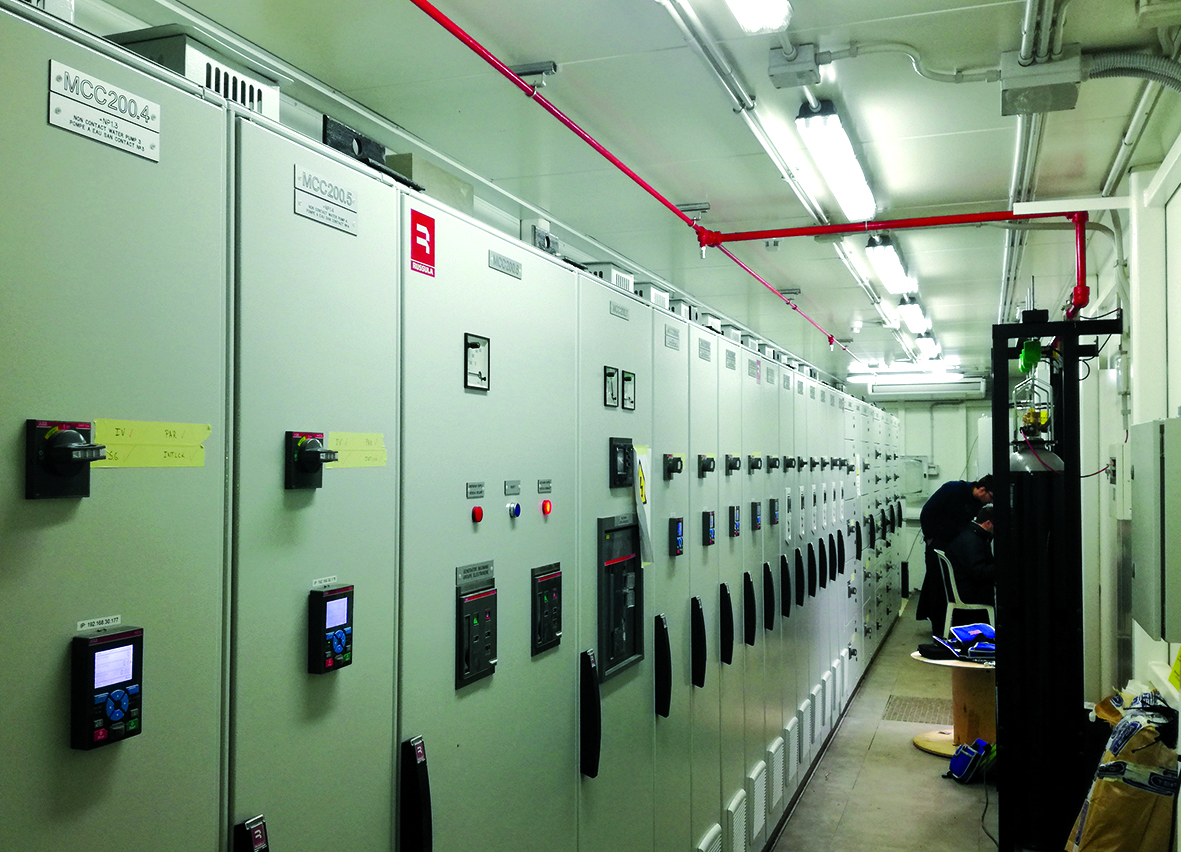
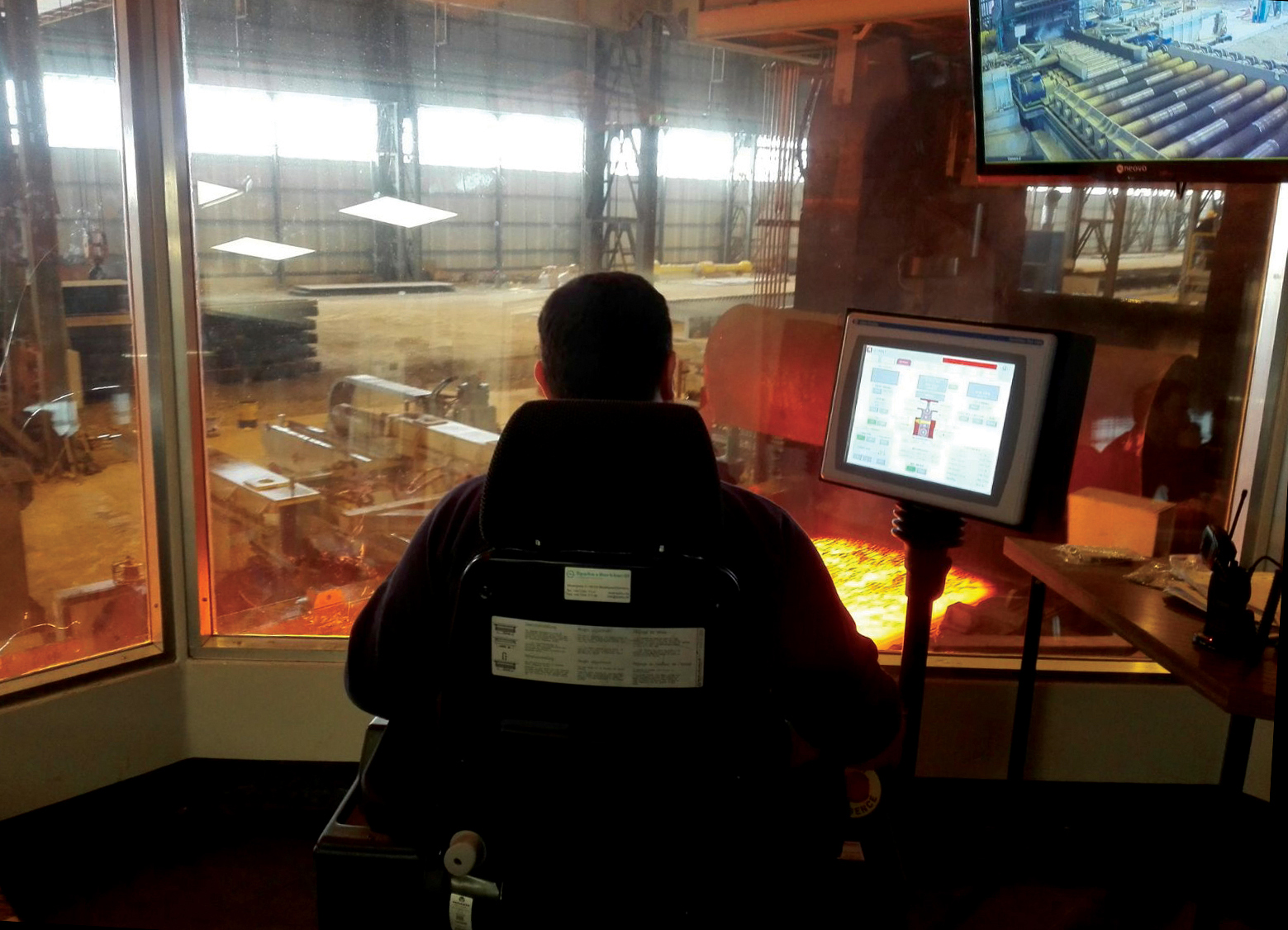
Resolving the problem of connecting to the public grid in France was of primary importance in order for the heavy plate mill to function. Russula solved this issue by providing a STATCOM (Static Synchronous Compensator) filter to compensate for harmonics, reactive power surges and flickers. Medium voltage switchgear, power transformers, and low-voltage power distribution cabinets to feed the drives and MCCs were also within the scope of supply. The electrical and automation equipment provided for the reheat furnace and heavy plate mill included:
Successful Startup
Russula delivered the complete electrical, automation and water treatment supply in a little over a year. The 500,000 tpy heavy plate mill started up in March 2018 and is currently in production.